India's strained ties in the neighborhood
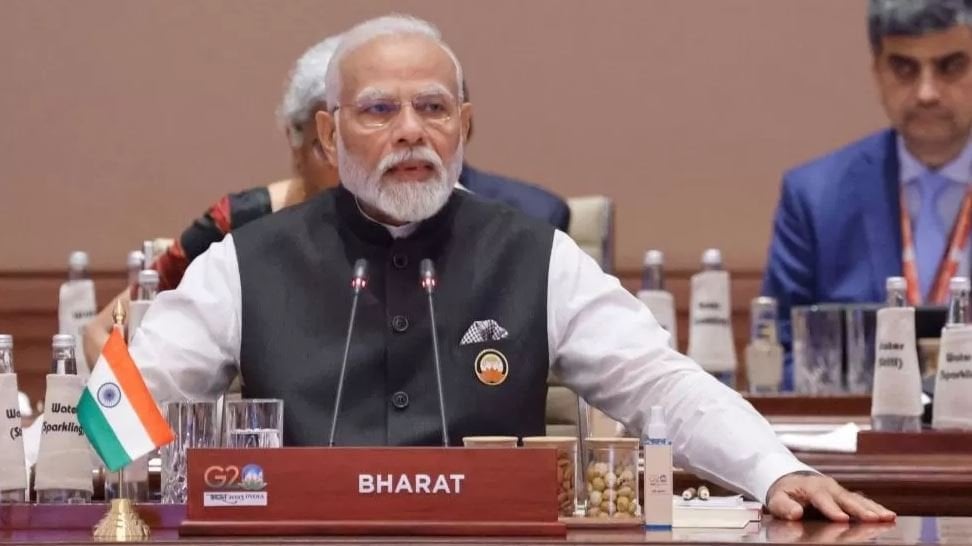
Kathmandu, November 18 — The relationship between Nepal and India has reached a strained phase. Discussions are ongoing about Nepal-India relations, particularly in the context of Nepali Prime Minister K.P. Sharma Oli’s upcoming visit to China. After Narendra Modi became India’s Prime Minister, efforts were made to improve relations with neighboring countries, especially Nepal.
However, the relationship between Nepal and India has deteriorated further. Traditionally, Nepali Prime Ministers have made India their first official foreign visit. This time, however, India did not extend an invitation for a visit to the Nepali Prime Minister.
Without an invitation to India, Prime Minister Oli is now preparing to visit China. A senior leader of the UML party commented, “Our party chairman, K.P. Sharma Oli, had wished to make his first official visit to India. However, such a visit requires an invitation from the other side. Without an invitation, he is now preparing for a visit to China.”
Since the beginning, Prime Minister Oli has had a strained relationship with Indian Prime Minister Modi, and no visible efforts have been made to improve this relationship. Tensions escalated further after Oli issued a new map of Nepal, incorporating disputed territories such as Kalapani, Lipulekh, and Limpiyadhura. Recently, Nepal’s decision to feature this map on its currency notes has further angered India.
India’s strained relations extend beyond Nepal to other neighboring countries as well. As South Asia’s largest country, India shares borders with Afghanistan, Pakistan, Nepal, China, Bhutan, Myanmar, and Bangladesh, as well as maritime borders with Sri Lanka and the Maldives. India’s relations with most of these neighbors are tense.
Pakistan and China
India has had frequent conflicts with Pakistan and China over border disputes, with occasional skirmishes still occurring.
Bangladesh
In Bangladesh, relations have soured since Sheikh Hasina was ousted and Muhammad Yunus assumed the role of interim government head. India granted asylum to Hasina, which has been met with criticism in Bangladesh. Historical disputes over water sharing and border issues persist. While India helped Bangladesh achieve independence from Pakistan, their current relations have deteriorated.
Sri Lanka
India’s relations with Sri Lanka are also strained, especially after the leftist leader Anura Kumara Dissanayake became president, with a leftist majority in parliament. This shift has strengthened ties with China, causing concern in India. In 2017, Sri Lanka handed over its Hambantota port to China, which has been a sore point for India.
Bhutan
India is concerned about growing Chinese influence in Bhutan. Although India and Bhutan share a treaty that prohibits the use of Bhutan’s territory by third countries for security threats, Chinese activities in Bhutanese territory have alarmed India. The Doklam region remains a point of contention between Bhutan, China, and India.
Afghanistan
India’s relations with Afghanistan have worsened since the Taliban regained power. While some recent improvements are noted, Afghanistan’s situation remains a concern for India.
Maldives
Relations with the Maldives have worsened after pro-China candidate Mohamed Muizzu won the presidency. China’s increasing influence in the Maldives has left India sidelined, and relations between the two countries remain tense.
India’s broader regional strategy is being tested as it seeks to counter China’s growing influence across South Asia while managing its relationships with neighboring countries.


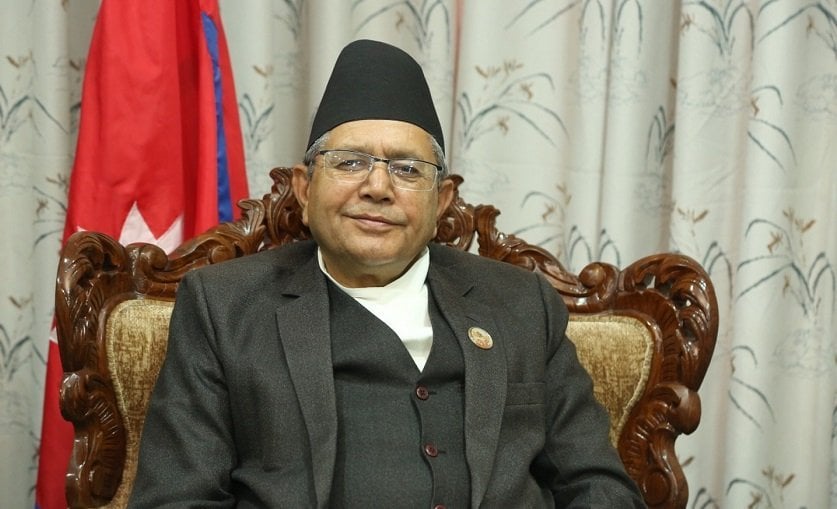
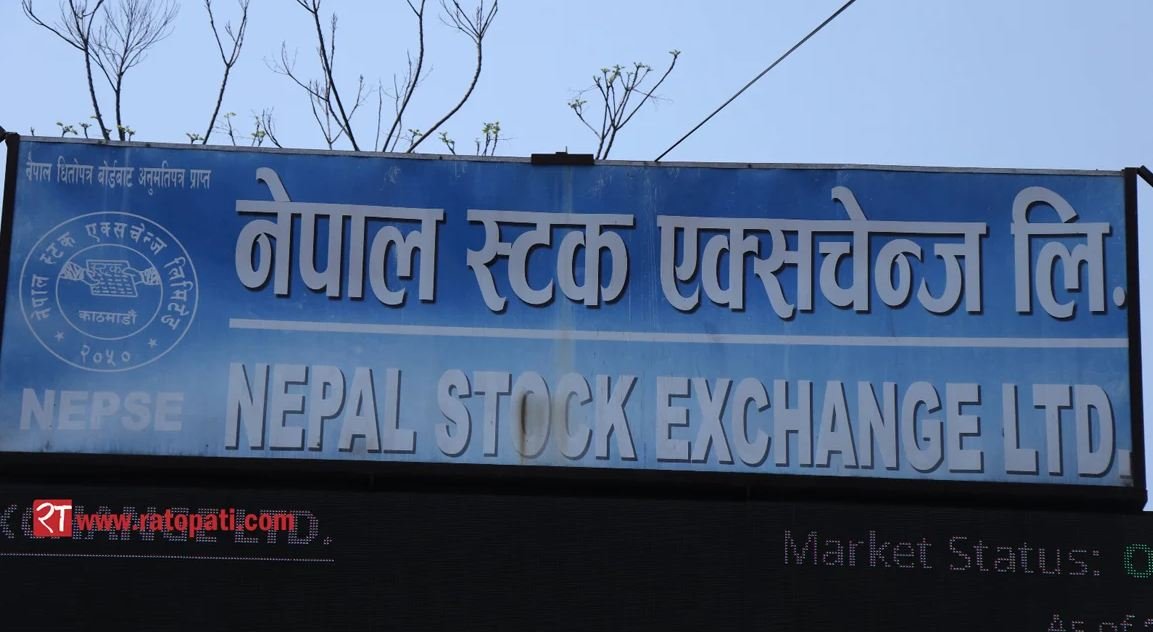

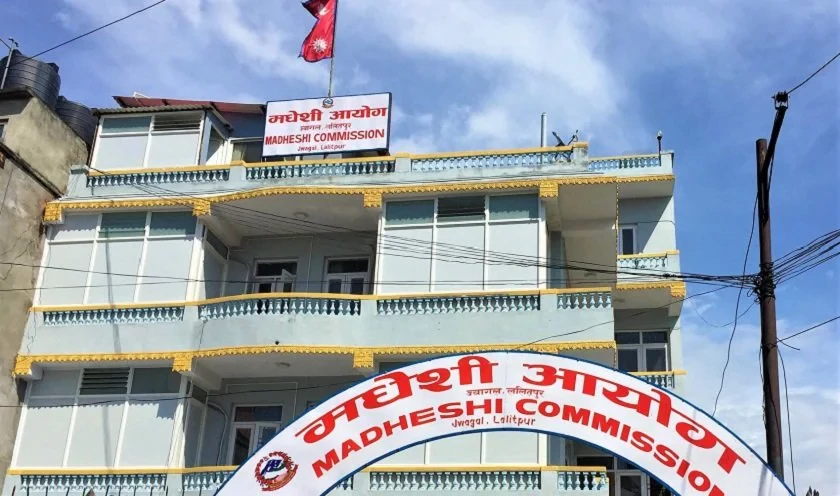

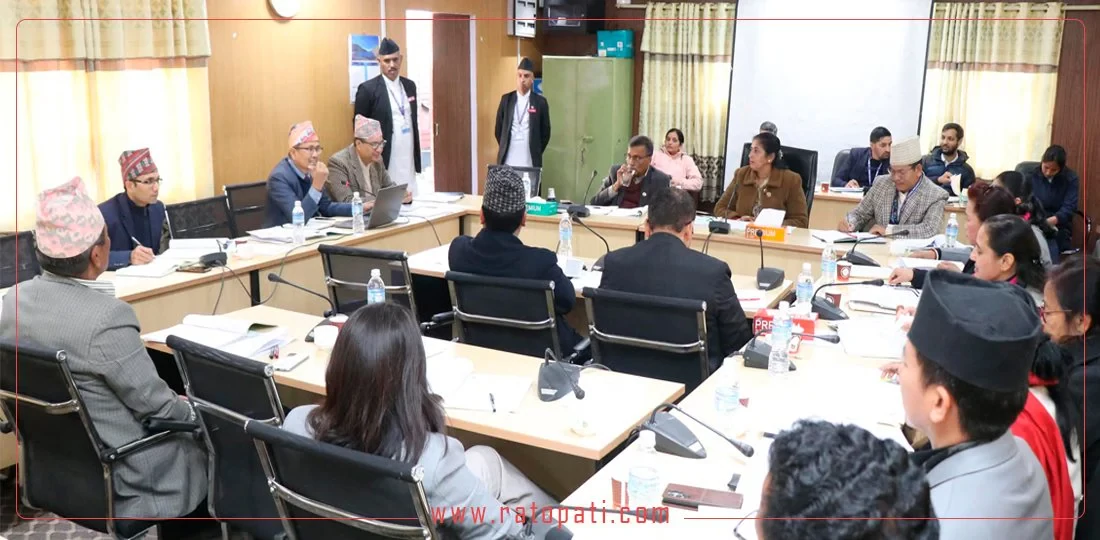
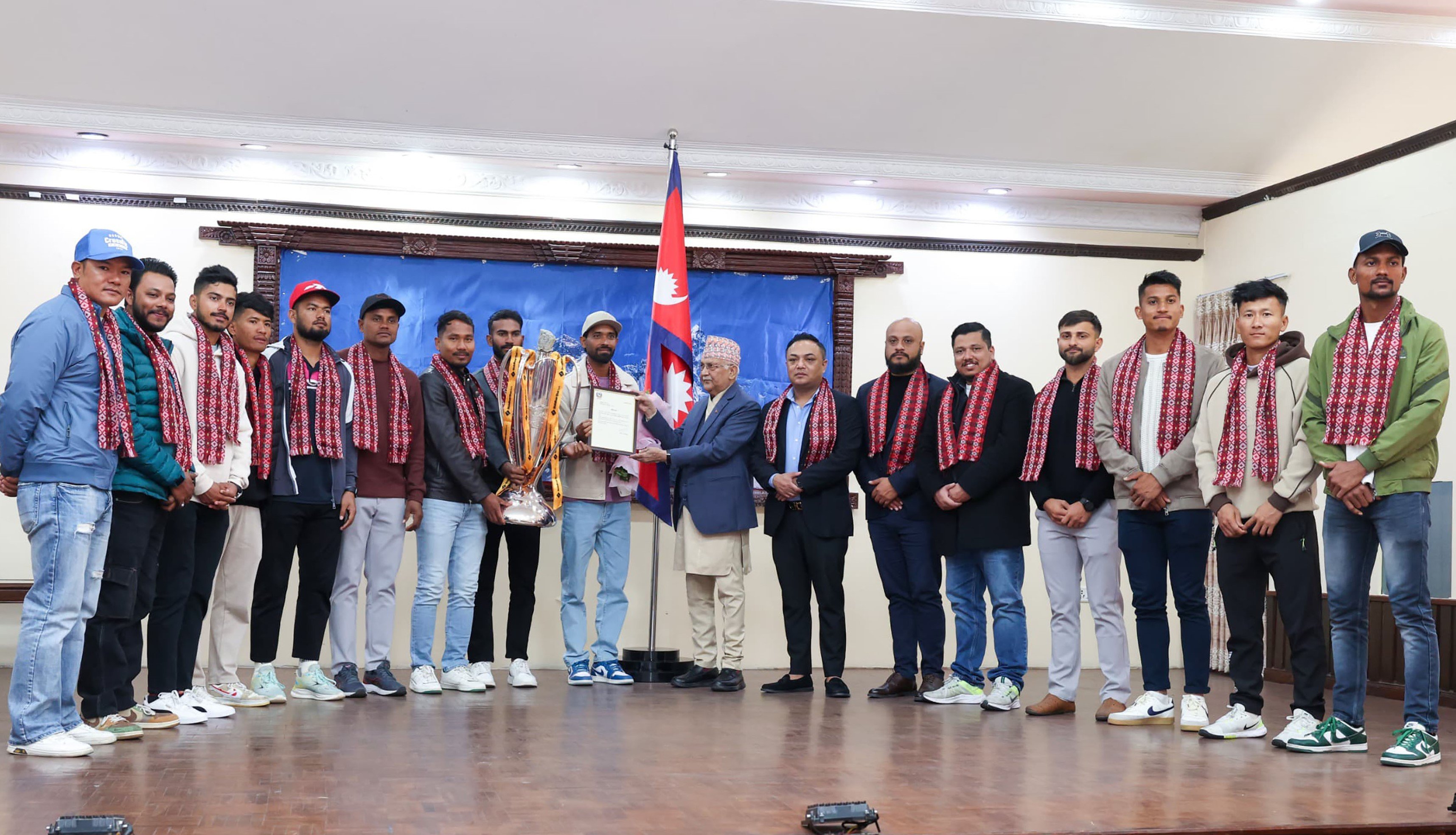
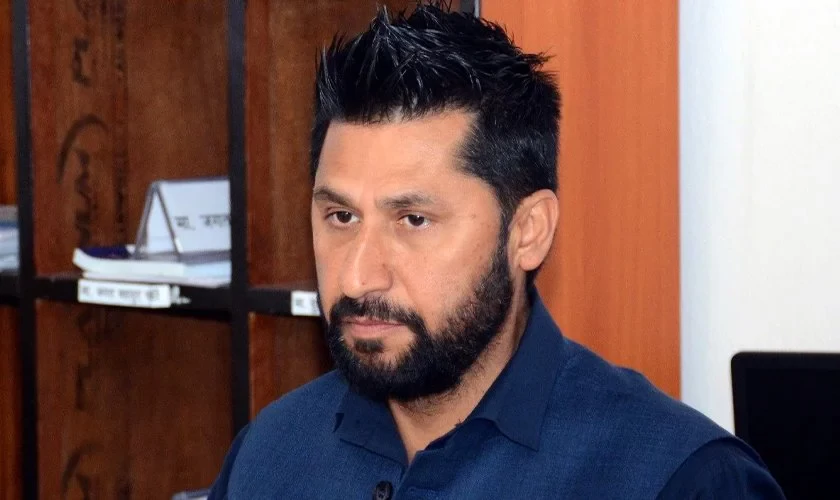
Leave Comment